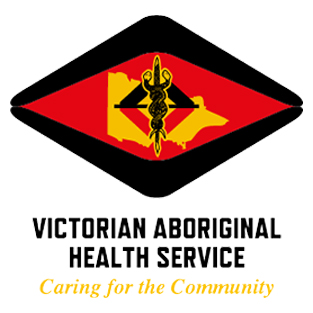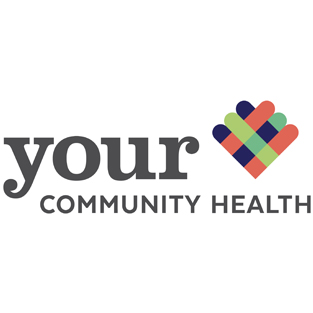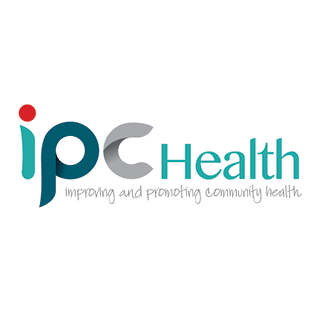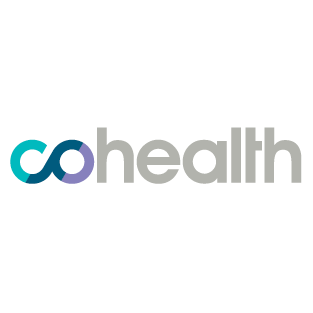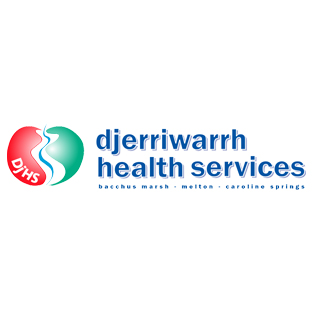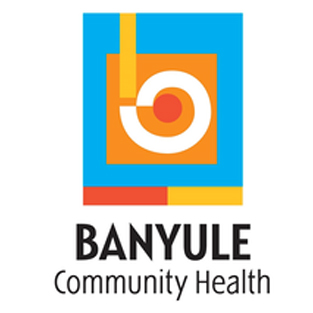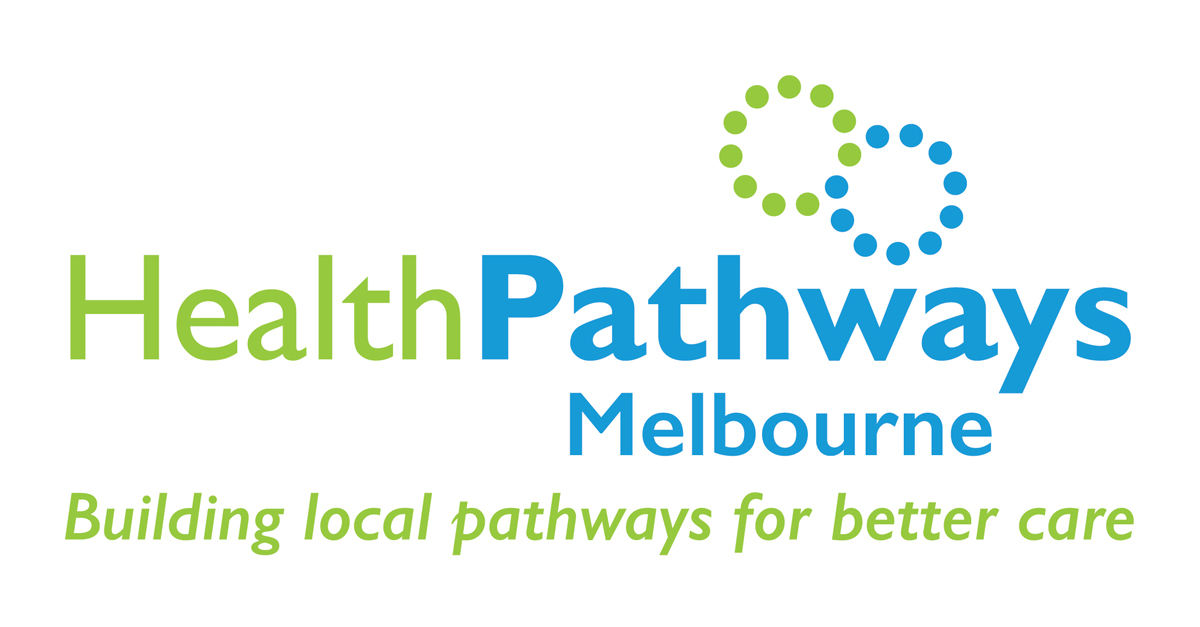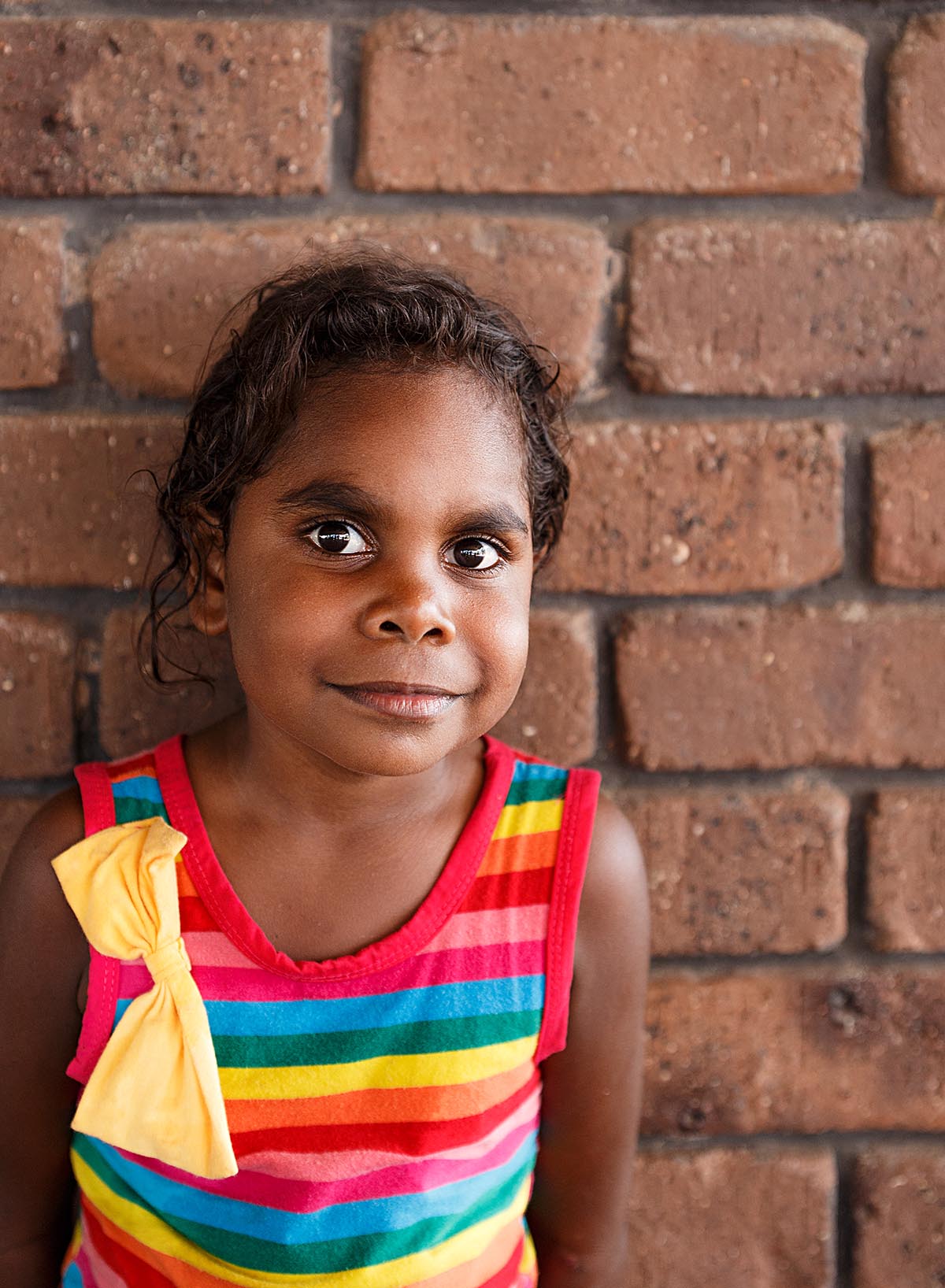
Overview
Aboriginal and Torres Strait Islander Australians experience poorer health outcomes than non-Indigenous Australians. 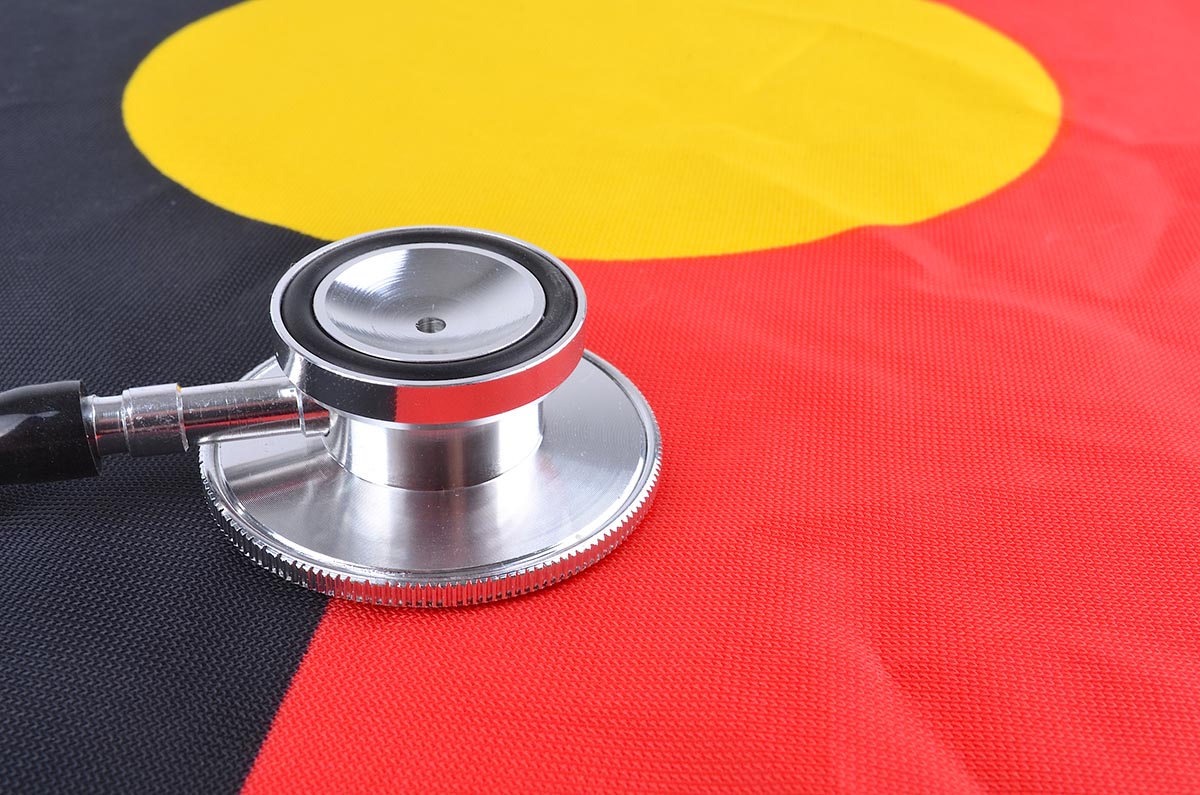
In 2010–2012 estimated life expectancy at birth was 69.1 years for Indigenous males – 10.6 years lower than for non-Indigenous males (79.7 years), and 73.7 years for Indigenous females – 9.5 years lower than for non-Indigenous females (83.1 years).
Two-thirds (65%) of deaths among Indigenous people occurred before the age of 65, compared with 19% of deaths among non-Indigenous people.
The most common broad cause of death among Indigenous Australians was cardiovascular disease (25% of deaths), with Indigenous people dying from this condition at 1.5 times the rate of non-Indigenous people in 2008–2012.
Almost one-quarter (24%) of the mortality gap between Indigenous and non-Indigenous people was due to this disease (AIHW 2015).
Aboriginal and Torres Strait Islander people in the North Western Melbourne Primary Health Network catchment
The 2011 Australian census found that 7608 people identified as being of Aboriginal or Torres Strait Islander descent in the NWMPHN region. Darebin, Wyndham and Hume had the highest populations, and Yarra, Macedon Ranges and Moorabool the lowest. In terms of age distribution, Aboriginal residents tend to be younger than non-Aboriginal residents across all local government areas.
Support for Aboriginal and Torres Strait Islander patients with chronic conditions
The Integrated Team Care (ITC) program supports Aboriginal and Torres Strait Islander people with complex chronic diseases to effectively manage their conditions.
ITC provides access to one-on-one assistance from care coordinators and outreach workers for Aboriginal and Torres Strait Islander people with complex chronic diseases. It aims to assist people to access health services as soon as possible, to ensure they have adequate supports to get the care they require in a culturally safe way, to better manage their own care and lead a healthier life.
How do I refer my patients?
There is a centralised intake for referrals to the ITC program. Referral forms can be downloaded here.
What are the eligibility criteria?
In order to refer a patient into the ITC program they must meet certain criteria. The patient must:
- Identify as Aboriginal and/or Torres Strait Islander
- Be enrolled for chronic disease management at a general practice or an Aboriginal Medical Service (AMS)
- Requires multidisciplinary care and be struggling to manage their health
- Have a GP Management Plan
- Have given verbal or written consent to be contacted by the care coordinator and to participate in the ITC program
There is no means tested threshold for people to participate.
Who provides the services?
Services are provided geographically by the following health services:
VAHS (Victorian Aboriginal Health Service) – Fitzroy
Your Community Health – Preston
cohealth – Braybrook and Fitzroy
Djerriwarrh Health Services – Melton
Banyule Community Health – Heidelberg West
Where can I find more information?
HealthPathways Melbourne has an overview page on the PIP Indigenous Health Incentive and a page on the CTG PBS co-payment.
If you do not have access to HealthPathways please contact info@healthpathwaysmelbourne.org.au
Disclaimer: This article was provided by NWMPHN. While every effort has been made to ensure the information is accurate, North Western Melbourne Primary Health Network does not warrant or represent the accuracy, currency and completeness of any information or material included within.

